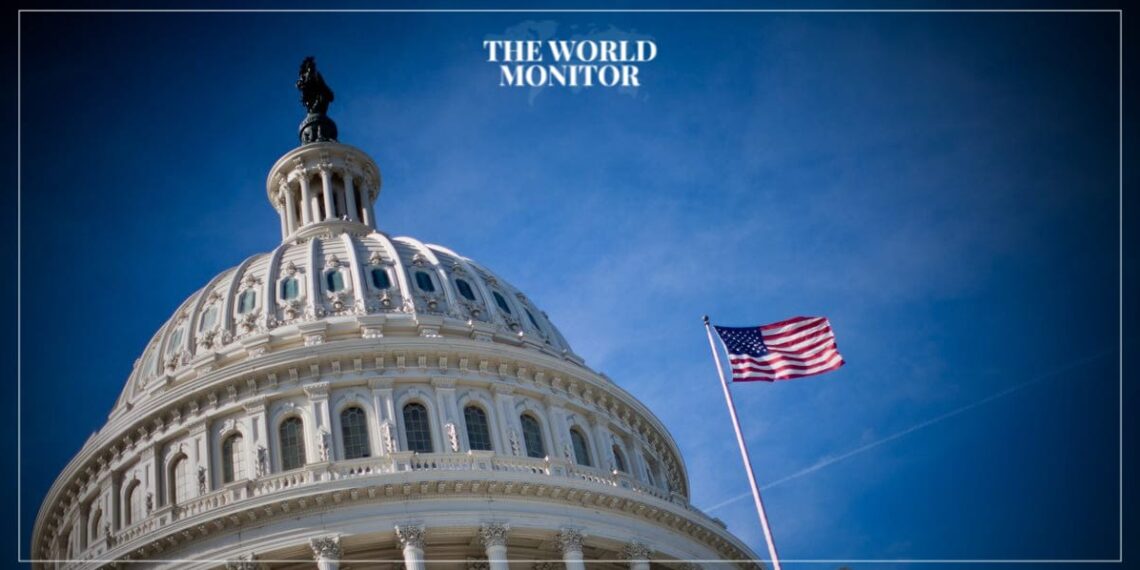The United States government narrowly avoided a federal shutdown as both the House and the Senate reached an agreement on a short-term funding deal. The bill, providing funding until November 17, received strong bipartisan support and was signed into law by President Joe Biden just minutes before the looming deadline.
However, the funding deal did not include new aid for Ukraine, which was a crucial demand for Democrats. Republican House Speaker Kevin McCarthy submitted the bill, defying hard-liners within his own party. The bill addresses funding for natural disasters but doesn’t make significant concessions on spending levels, a key demand of Republicans in the lower house.
The urgency to avert a government shutdown led to a dramatic turnaround, with McCarthy deciding to put the temporary funding measure to a vote. The bill received more support from Democrats than Republicans, and approximately 90 House Republicans voted against it. The move was seen as a setback for a small group of right-wing Republicans who had been obstructing negotiations with rigid demands for spending cuts and resistance to new aid for Ukraine.
Following the House vote, the Senate, which had its own bill including aid for Ukraine, was left with no alternative but to adopt the House legislation to prevent a government shutdown. The Senate bill had bipartisan support, with only nine senators voting against it, all of whom were Republicans. The last-minute deal averted a shutdown that would have furloughed tens of thousands of federal employees and disrupted various government services.






